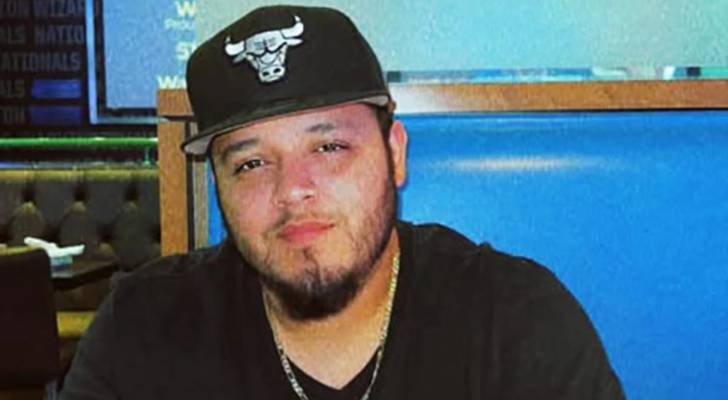Kilmar Ábrego García
Kilmar Ábrego García claims psychological, physical torture in Salvadoran prison
Kilmar Ábrego García, a Maryland man who was mistakenly deported to El Salvador and imprisoned in one of the country’s most infamous detention centers, is alleging severe abuse and mistreatment during his time behind bars, according to newly filed court documents.
Ábrego García, 29, was deported in March despite a prior court ruling granting him protection from removal due to potential threats from gangs in his native country. Almost immediately upon arrival, he was taken to the CECOT prison, a high-security facility known for its harsh conditions, where his attorneys now say he was subjected to “severe beatings” and “torture” at the hands of guards.
The claims are part of an ongoing lawsuit filed by Ábrego García’s wife against the Trump administration, which oversaw his deportation. Although US officials had previously labeled him an MS-13 gang member, an allegation his legal team and relatives vehemently deny, he was extradited back to the United States in June to face unrelated human trafficking charges. He has pleaded not guilty.
According to the newly filed complaint, Ábrego García and 20 other men deported from the US were held in inhumane conditions at CECOT. The document describes windowless, overcrowded cells, constant fluorescent lighting, and no mattresses, only metal bunks. Sanitation access was limited, and detainees were allegedly forced to kneel overnight for hours, with guards beating anyone who collapsed from fatigue.
Ábrego García claims guards also threatened to throw him into a cell with gang members who would “tear” him apart. Within two weeks, he had reportedly lost 30 pounds due to the harsh conditions.
El Salvador’s President Nayib Bukele, who has boasted of reforming the country’s prison system, has insisted his facilities are “clean, orderly, free from abuses, unsanitary conditions, beatings, or murders.” But international watchdogs and rights groups have raised concerns about the country’s mass incarceration policies and detention practices.
President Bukele had previously voiced support for President Donald Trump’s immigration enforcement agenda during a visit to the White House earlier this year.
US officials later acknowledged that Ábrego García’s deportation had been an error. A federal judge in Maryland ordered the government to take steps to bring him back, but initial White House resistance delayed the process.
Back in the US, Ábrego García is being held in Tennessee, where a federal judge recently ruled he is eligible for release. However, his legal team has opted to keep him in custody for now, fearing he could be deported again if released.
“This is what American justice looks like,” said Attorney General Pam Bondi following his return, a statement that drew sharp criticism from human rights advocates, who argue Ábrego García's experience is a clear example of systemic failure.
His lawyers have described the trafficking accusations against him as “preposterous,” and continue to pursue legal accountability for what they call an unlawful and dangerous deportation.
Ábrego García first entered the US in 2011 and was granted protection from deportation by an immigration judge in 2019. His case has since become a flashpoint in the debate over immigration policy, deportation procedures, and detainee rights under both current and former administrations.




